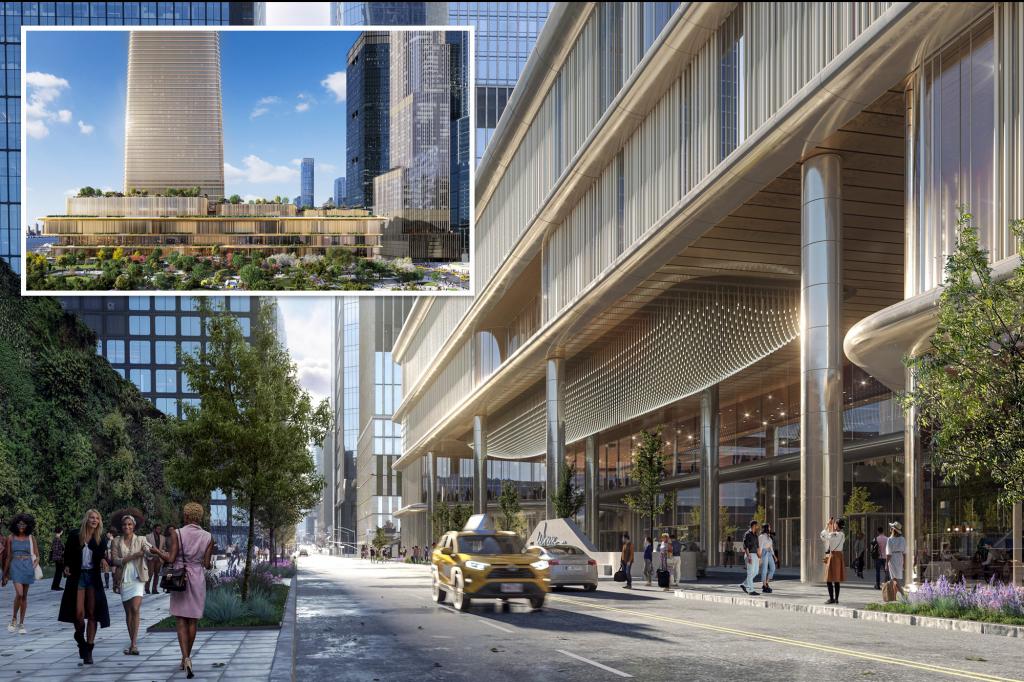Civic leaders in Manhattan are strongly opposed to the planned $12 billion casino project in Hudson Yards, claiming that the city is sacrificing promised housing for a flashy gaming complex. Community Board 4 sent a scathing letter to Related Companies/Wynn Resorts, criticizing the developer for not fulfilling a 2009 pledge to build apartments on the West Side. The board expressed concerns about the erasure of years of sound city planning and community efforts in favor of a casino-focused development that does not align with the vision for the area.
The ambitious casino proposal includes an 80-story tower overlooking the Hudson River that will house a gaming facility and hotel. Surrounding the skyscraper will be office buildings, apartment towers, and a spacious park. The Community Board 4 expressed its disapproval of the project’s drastic shift from residential to commercial use, specifically designed around casino operations. They questioned why zoning changes and agreements negotiated in the past were being discarded in favor of a project that does not align with the existing plan for the Hudson Yards Special District.
The proposed casino project significantly reduces the number of planned apartments from 5,700 to 1,507, with the focus shifting towards commercial towers and a large hotel with a casino. The Community Board sees this as a move towards creating an isolated enclave focused on the casino, disconnecting it from the surrounding community. They suggest that the developers reconsider the project to include more apartment buildings and fewer office towers, in line with the original zoning plan that was negotiated in 2009.
While Related Companies defends the project, stating that it will deliver on pledges made in the original zoning, including affordable housing and public amenities, community support remains crucial in determining the outcome of the casino license bids. The state is expected to award up to three casino licenses in the New York City/downstate region by the end of 2025, with final approval required from the state Gaming Facility Location Board. The review process involves input from local stakeholders, including council members, state representatives, and the mayor and governor.
In addition to the Hudson Yards proposal, several other casino projects are being considered in different parts of the city, including Coney Island, Hell’s Kitchen, and near Citi Field. These projects also face challenges in gaining approval, including the need to change zoning use and potential opposition from local community boards. The issue of converting parkland for commercial use has also arisen in some proposals, highlighting the complex process of establishing new casino developments in urban environments.
Overall, the debate around the casino project in Hudson Yards reflects broader concerns about urban development, community engagement, and the balance between economic growth and social impact. As stakeholders continue to discuss and evaluate these proposals, it remains to be seen how the future of the casino landscape in New York City will unfold and what implications it may have for the surrounding neighborhoods and residents.


